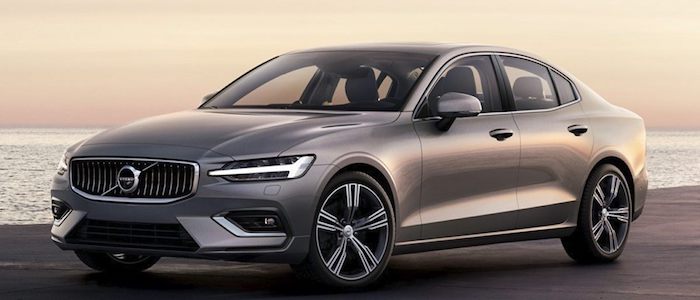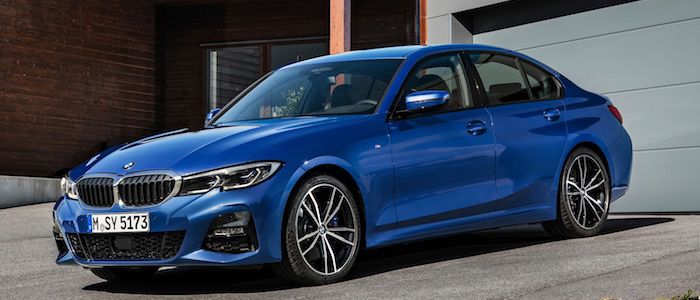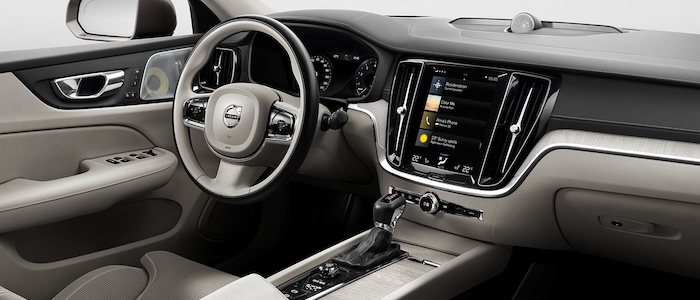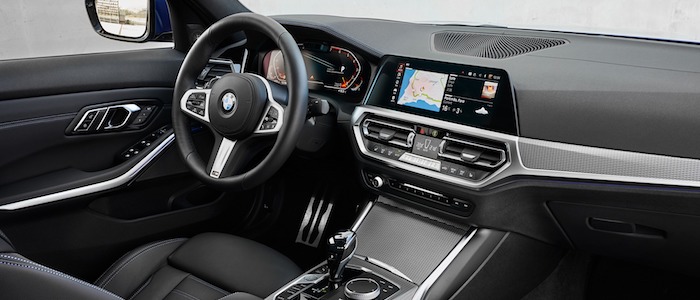Compare two cars
Compare any two cars and get our Virtual Adviser™ opinion
Dimensons & Outlines
Check vehicle history
Engine
Performance (manual gearbox)
Performance (automatic gearbox)
Expenses
Virtual Adviser's™ opinion
Well, these are two pretty similar cars we have here! It's only details that could potentially make the difference. Considering they both belong to the large family car segment and utilize the same 4-door sedan body style and the 4 x 4 wheel drive system, it all comes up to the specific petrol engine choice they offer. The first one has a Volvo-engineered powertrain under the hood, a 4-cylinder, 16-valves 310hp unit, while the other one gets its power and torque from a 4-cylinder, 16-valves 258hp engine designed by BMW.
SafetyBoth vehicles got tested by European New Car Assessment Programme (Euro NCAP), with the same number of safety stars gained in the process. That aside, let's consider some other aspects which affect safety. Both vehicles belong to the large family car segment, which is generally a good thing safety-wise, but that fact doesn't break the tie between the two cars. Furthermore, if we'd like to consider vehicle mass in this context too, which we definitely should, the Swedish car offers a considerable difference of 13% more metal.
ReliabilityReliability is not the best thing to consider on the make level, but it is worth mentioning that Volvo does have a slight advantage, when all the models are taken into account. These are the official statistics, while our visitors describe reliability of Volvo with an average rating of 3.2, and models under the BMW badge with 4.1 out of 5. Independent research findings rank S60 as average reliability-wise, and 3 Series is more or less at the same level.That apart, owners of different cars powered by the same engine as the Swedish car rank it on average as 4.7, while the one under the competitor's bonnet gets 3.0 out of 5.
Performance & Fuel economyBMW is a bit more agile, reaching 100km/h in 0.1 seconds less than its competitor. In addition to that it accelerates all the way to 250 kilometers per hour, exactly the same as the other car does. When it comes to fuel economy the winner has to be the German car, averaging around 6.2 liters of fuel per 100 kilometers (46 mpg), in combined cycle. We can't ignore that 29% difference compared to the Swedish car.
Verdict
Volvo appears just a bit more reliable, although the difference is truly marginal. The most important thing when deciding between any two vehicles should always be safety, both passive and active. In my opinion, everything taken into account, the Swedish car offers significantly better overall protection, taking the lead here. From there things take a different direction, with BMW offering somewhat better performance, just enough to call it quicker. To make things even better, it consumps less fuel! No mistake, whatever you decide here, but I'd still go for the BMW. Nevertheless, let's not forget that people have different preferences and needs, so what really counts is your personal feel. I'm only here to help. In case you have two minutes to spare I invite you to define your needs, desires and budget and see which car would be chosen by the virtual adviser™, among thousands of similar, yet so different vehicles.
































